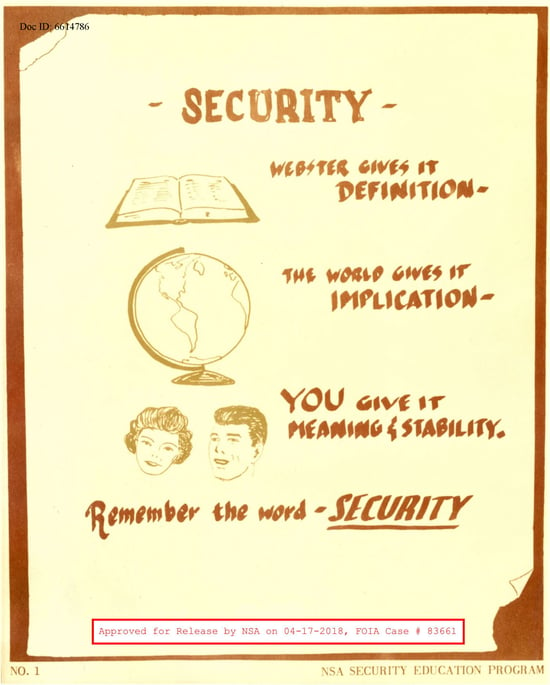Do Your Part, Be Cyber Smart
Hi there,
October is know to be the Cyber Security Awareness month, and I have decided to contribute a bit with this year's topic: Do Your Part, Be Cyber Smart!
Talking about cyber security has been badly misunderstood and publicised by news and media in general. Let's tart by defining what cyber security IS NOT:

- Cyber security is not all about numbers, computers and "hacks".
- You do not need to be a hacker, engineer, mathematician, geek or nerd to be cyber smart.
- To be cyber smart you do not need to take lessons, specialised courses or degrees.
- Cyber security is not dark magic reserved for wizards and witches.
Cybersecurity is about common sense for the time and place you are currently in. This means, being aware of the fact that you might be surrounded by computers, smartphones, media, fake news, conspiracy theories and people with bad intentions for your data.
You might think, you are not a target and cyber criminals will never be interested in you. However, we are all part of data-monetised society. Your name, phone number, favourite colour and shampoo are constantly used to influence your decisions... and your financial information to make someone else richer and more powerful.
On this post I want to give you a couple of tips on how to be cyber smart and do your part; with your family, friends, colleagues and why not strangers on the street (but remember don't talk to strangers, least of all provide any of your personal information to them!). Let's take a look at some tips:
When using social networks such as Facebook, Instagram, Twitter, TikTok, Snapchat, etc:
- Do not overshare information. for example:
- Not making public and visible to everyone your address, phone number, school you attended to or holiday plans as cyber criminals can use this information to break into your house, your business or even worse; stalk / attack you.
- Do not post cute pictures of naked babies, toddlers and young children, as sadly these are used by criminals to fill up pornographic websites.
- Do not accept connection / friendship requests from people you don't know, not even if you have 50 "friends" in common. Be aware that many cyber criminals use this trick to create a false sense of security and target people you might actually be friends with.
Be aware of "nice people" offering to help you with your credit card, fixing your computer, receiving a lost package. If you happen to receive a phone call from someone offering you something you didn't ask for or which you don't know about; just hang up the phone or delete the email. Optionally you can report a known phone number to your telephone company - most have the ability to fill in a short form on their website.
Be aware of cyber extortion, as cyber criminals could call / email you to tell you they have personal information such as pictures and videos of you, often in incriminating circumstances to bait you. They will use the information you share on social networks to make you think they know who you are, where you live, etc. to then request a ransom. If this happens, ignore the call / email, there is a high chance they don't have any real incriminating information or material on you.
Finally, always lock your devices with strong passwords and where possible cover your computer's web-camera (take a look at this video on Password Security).
Remember, to be cyber smart you just need to apply common sense to the world you are living in. If you don't allow strangers in your home, why would you allow them access to your Facebook profile? The latter is arguably the more risky in many circumstances.
For more information on how to stay safe online, please check: https://staysafeonline.org/sta...
Stay safe,